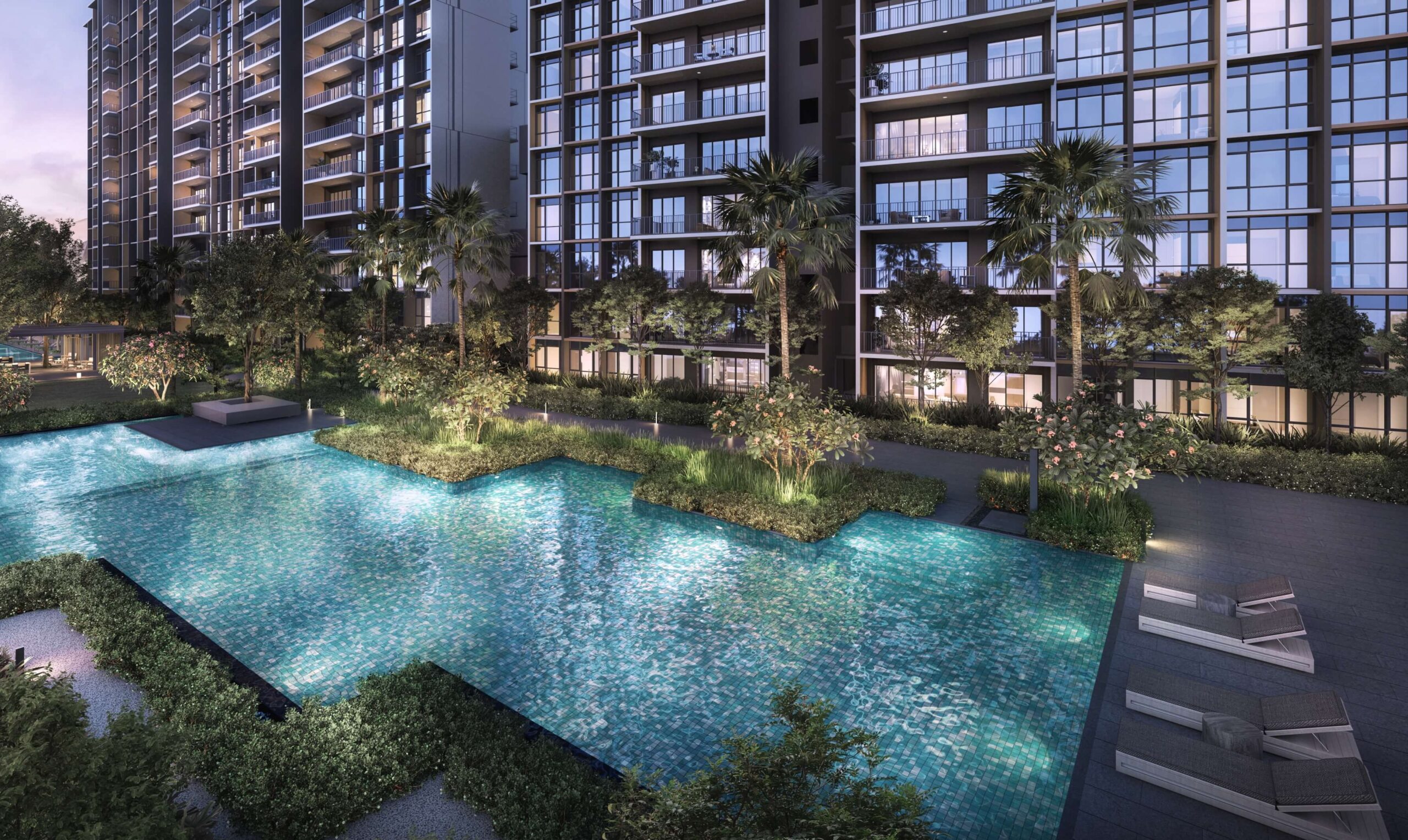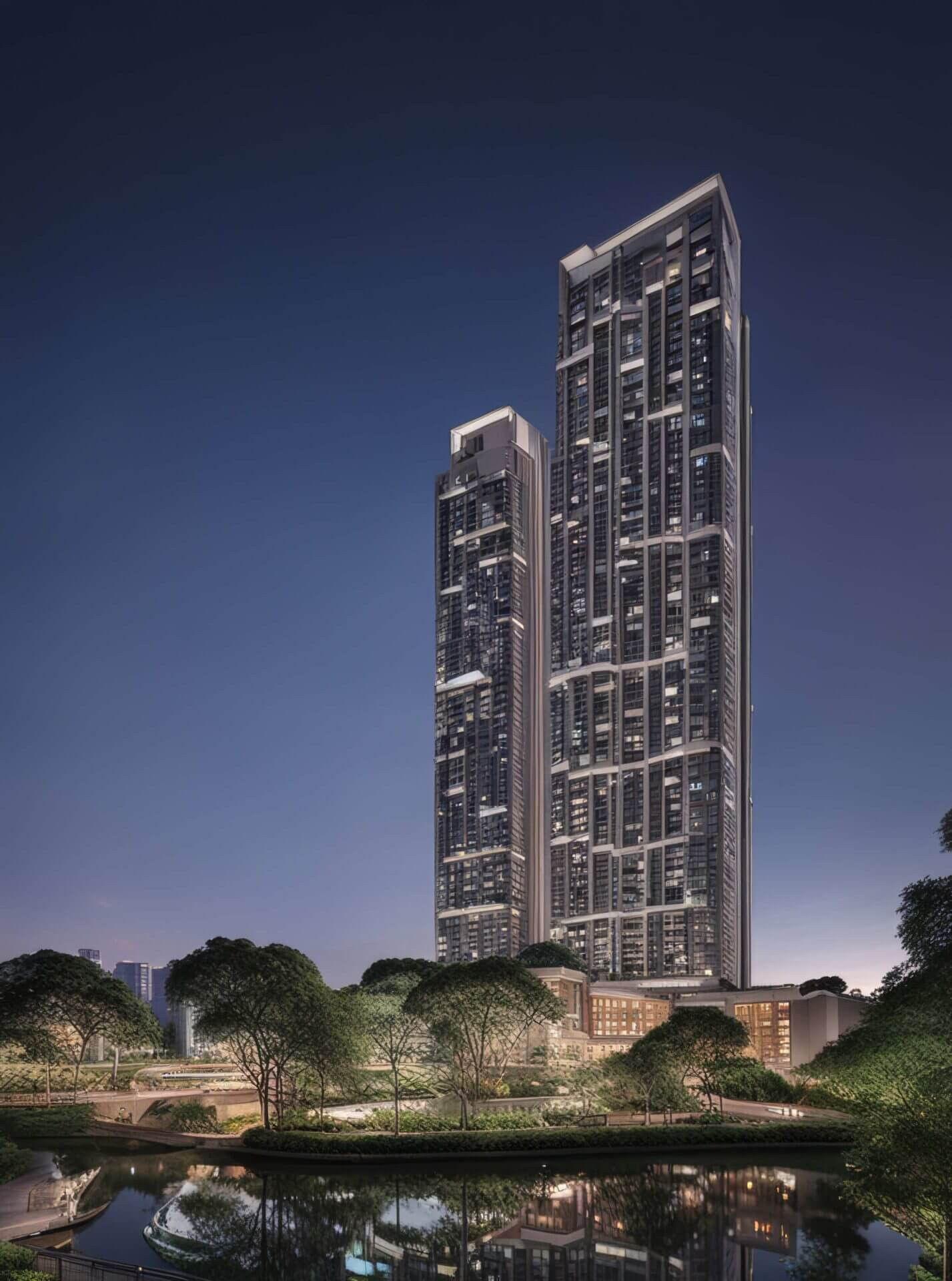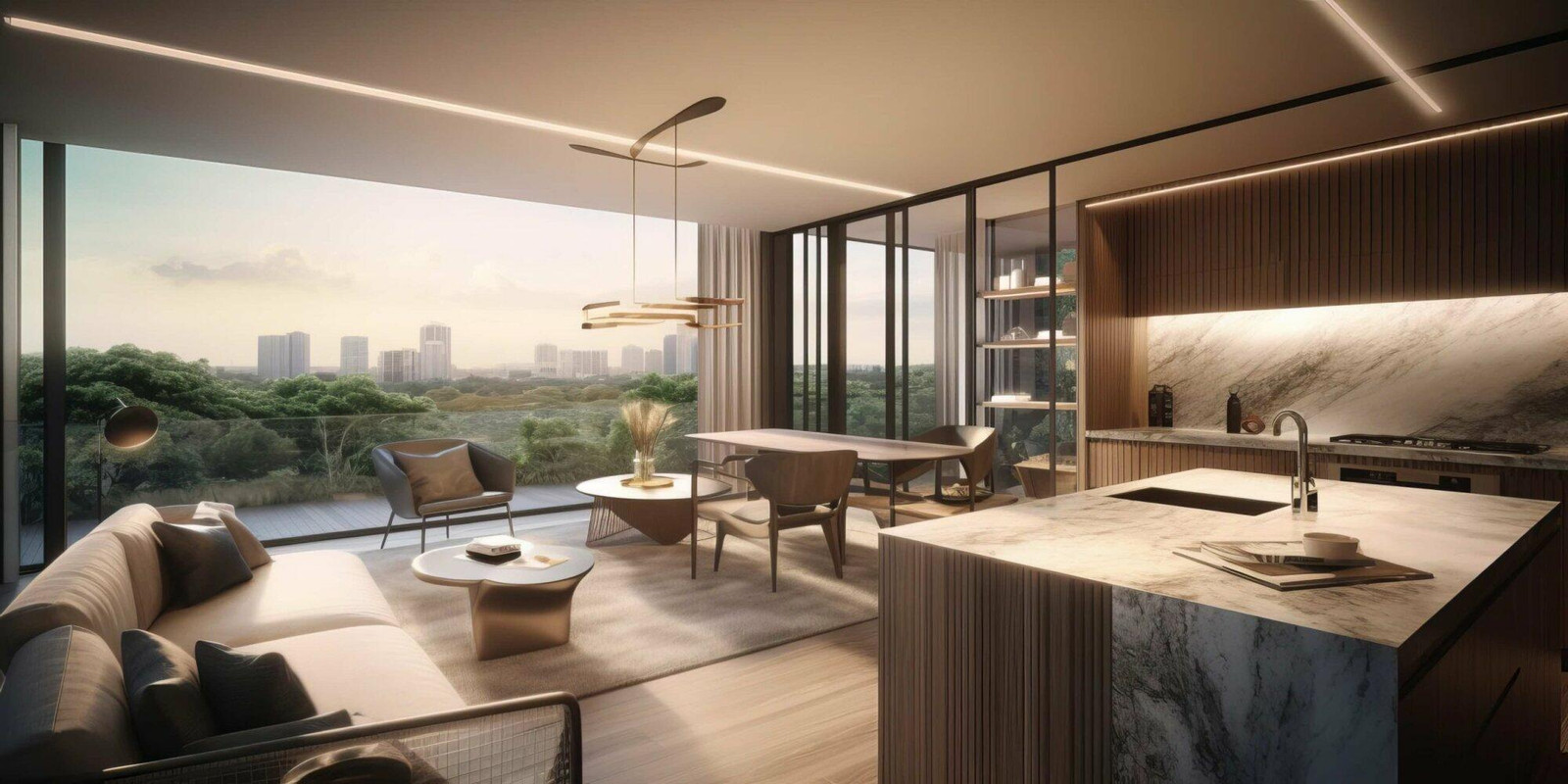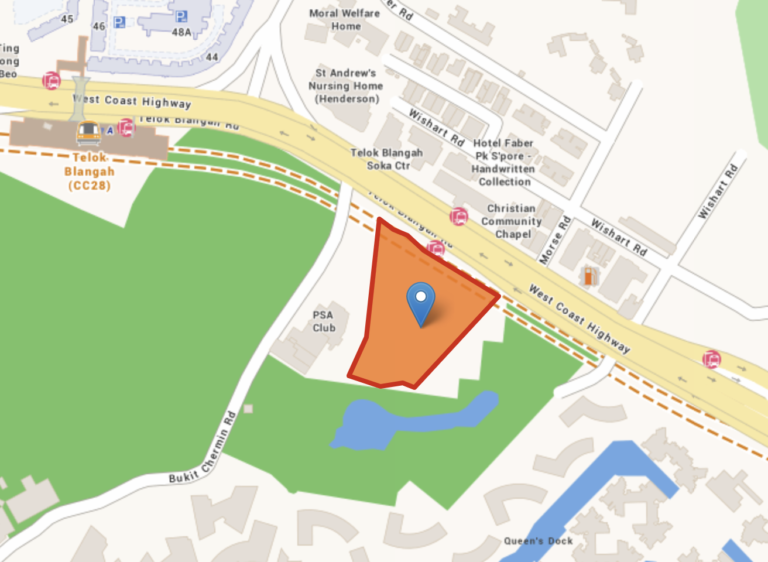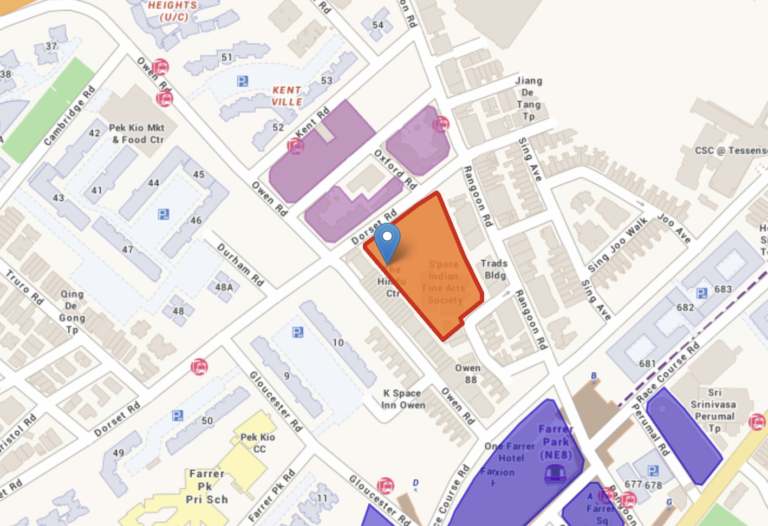When considering renting out a condominium in Singapore, it’s crucial to understand the regulations surrounding occupancy limits. These rules are established to maintain a safe and comfortable living environment for all residents. Here, we outline the key points regarding the maximum number of tenants allowed in a condo in Singapore.
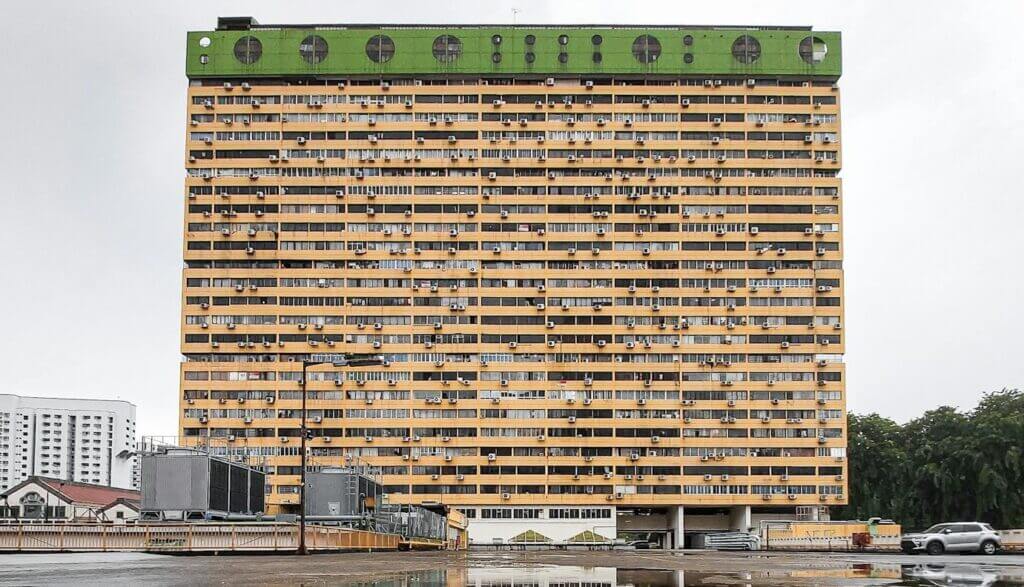
Standard Occupancy Cap
Urban Redevelopment Authority (URA) Regulations
Under normal circumstances, the Urban Redevelopment Authority (URA) enforces a cap on the number of unrelated individuals who can reside in a private residential property, including condominiums. The standard limit is six unrelated individuals per unit. This rule ensures that properties are not overcrowded, which could otherwise lead to safety and quality of life issues.
Temporary Relaxation of Occupancy Limits
Temporary Measures (2024-2026)
To address the high demand for rental properties and the surge in rental prices post-pandemic, the URA has introduced a temporary relaxation of the occupancy cap. From January 22, 2024, to December 31, 2026, larger private residential properties (those with at least 90 square meters of floor area) can accommodate up to eight unrelated individuals. This temporary measure aims to alleviate the housing shortage while maintaining livable conditions.
Family Units
Exemptions for Family Units
The occupancy cap does not apply to family units. A family unit can include domestic helpers and multi-generational family members, all of whom are considered part of the same household. This exemption recognizes the different living arrangements that may be necessary for family cohesion and support.
Registration Requirement
How to Register for Temporary Relaxation
Property owners who wish to take advantage of the temporary relaxation must register their property with the URA. This process includes paying a registration fee. The registration ensures that the URA can monitor the number of occupants and enforce regulations effectively.
Compliance and Enforcement
Ensuring Adherence to Regulations
Property owners are responsible for ensuring compliance with the occupancy limits. Failure to adhere to these regulations can result in penalties. The URA actively monitors the situation and will take action against any infringements. This could include revoking rental approvals if the occupancy cap is exceeded or if the additional occupancy creates significant nuisances.
Penalties for Exceeding Occupancy Limits
Consequences of Non-Compliance
Exceeding the maximum number of occupants in a condo can lead to severe penalties:
- Composition Fines for Minor Breaches: For marginal breaches, the URA may issue a composition fine of up to $5,000.
- Prosecution for Serious Offences: In severe cases, the URA will seek prosecution. Penalties can include:
- A fine of up to $200,000.
- Imprisonment for up to 12 months.
- Additional fines of up to $10,000 per day for ongoing violations after conviction.
- Penalties for Abetting Offences: Property agents and other parties involved in abetting such offences can also face strict penalties, including fines, imprisonment, and professional sanctions such as being debarred from practice.
These stringent penalties underscore the importance of adhering to the occupancy limits set by the URA to avoid legal and financial repercussions.
upcoming Condos
Hurry—prime units vanish fast! Secure your showflat appointment now!
Conclusion
Understanding the regulations regarding the number of tenants allowed in a condo in Singapore is essential for both property owners and tenants. These rules are in place to ensure a safe, comfortable, and harmonious living environment for all residents. By complying with these guidelines, property owners can avoid significant penalties and contribute to a well-regulated rental market.

